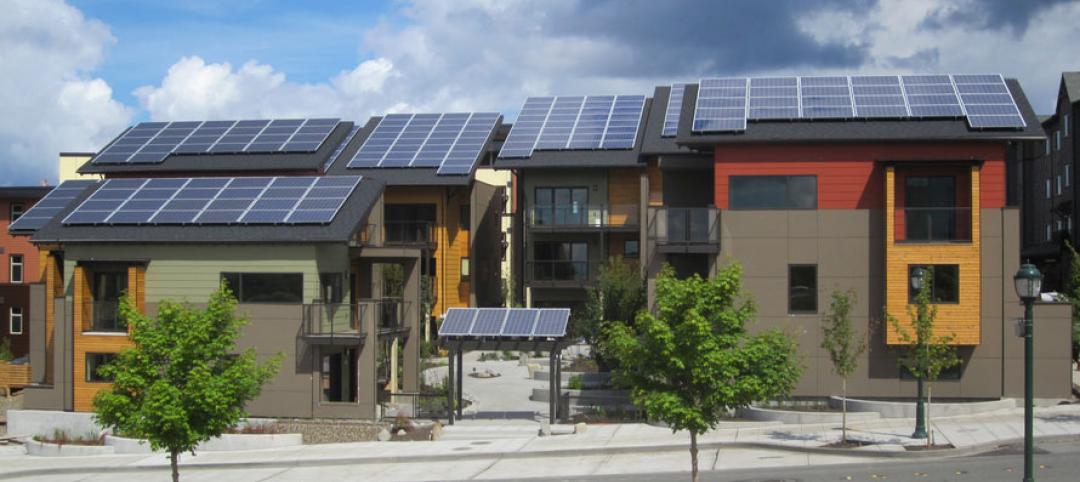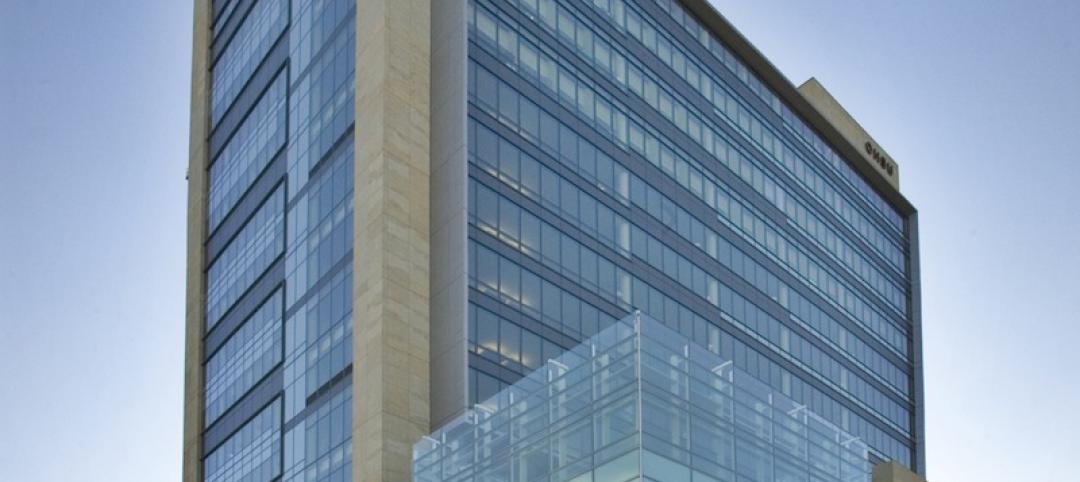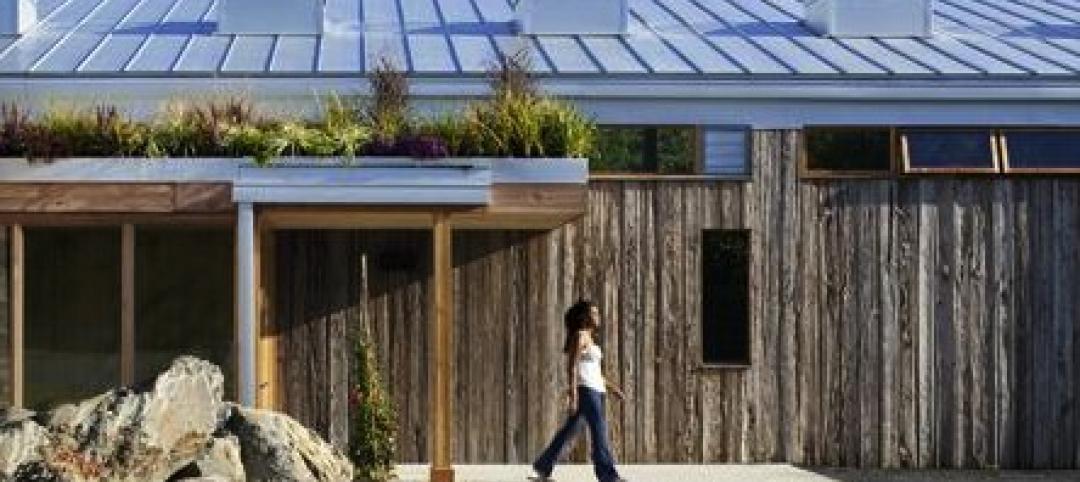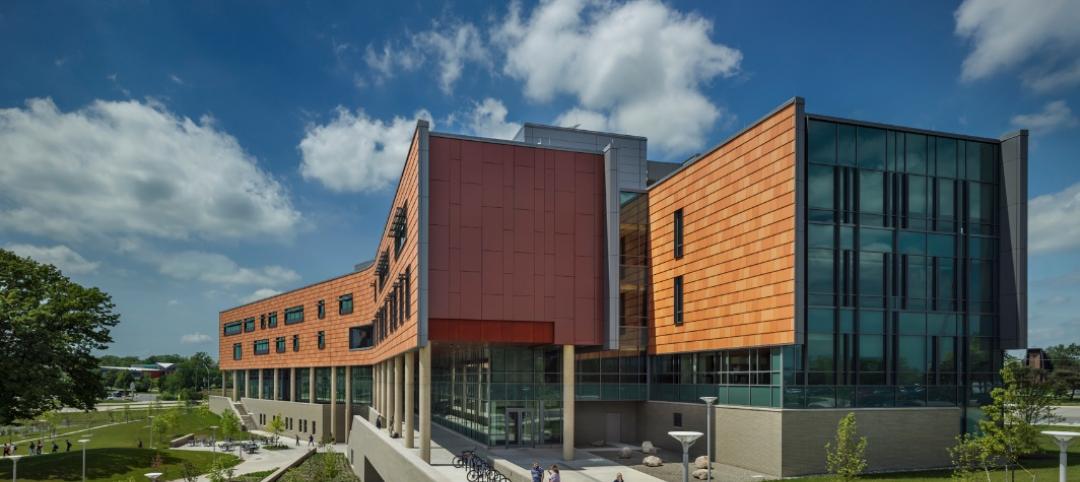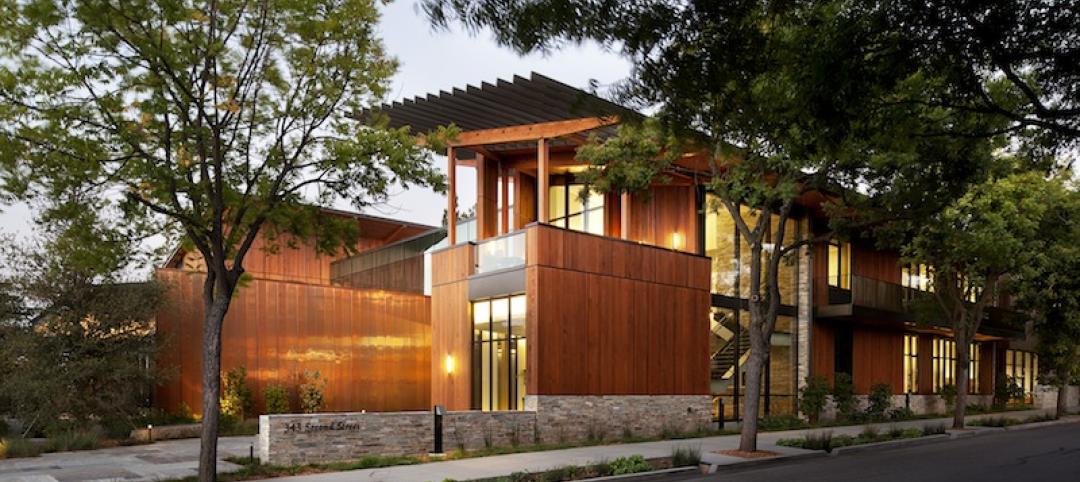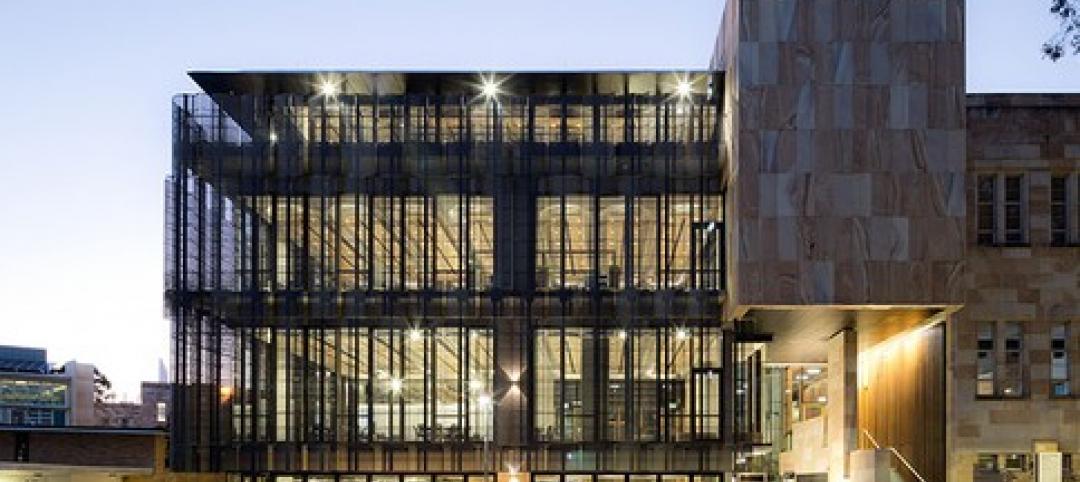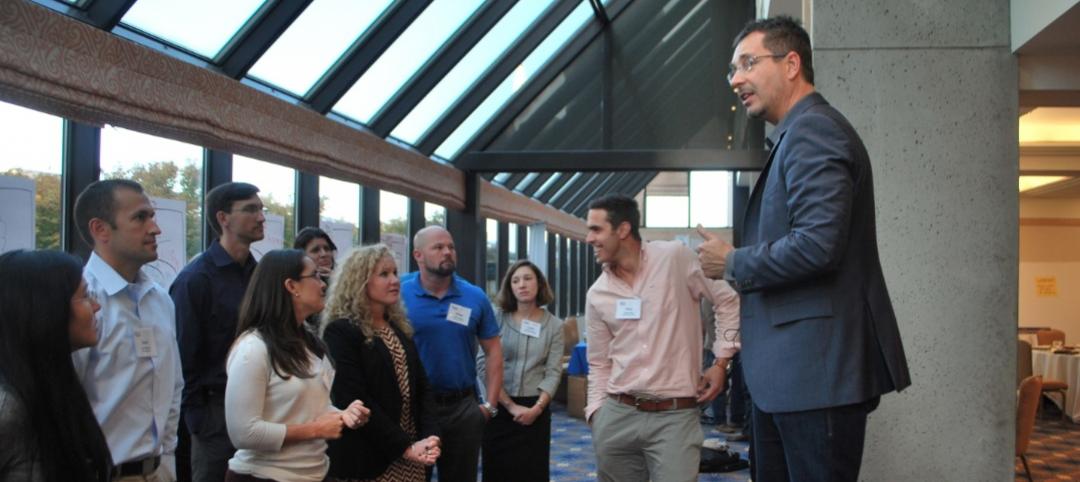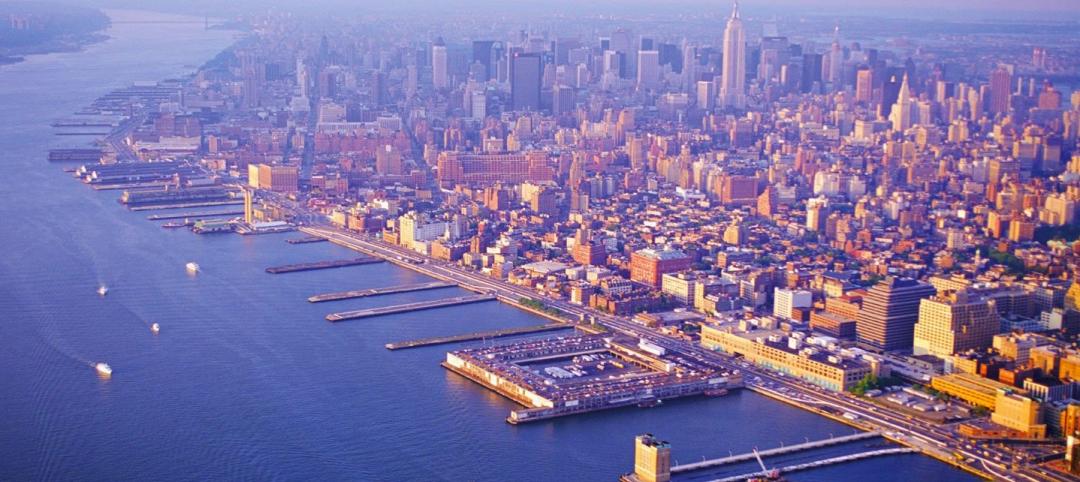Boston will soon adopt a new stringent green state building code that aims to significantly reduce carbon emissions in new construction and major renovations.
Adoption of Massachusetts’s “stretch code” means that the city will not create an outright ban on fossil fuels for heating, cooling, and appliances. It will, though, drastically reduce fossil fuels in buildings by adding expensive, climate-friendly requirements for developers choosing to install fossil fuel connections. There will be varied energy efficiency requirements for different building types.
The legislation also requires developers building with gas or oil to pay for extra wiring so buildings can go all-electric in the future. Buildings in Boston account for close to three-quarters of the city’s carbon emissions, according to estimates.
At least two other Bay State communities have adopted the stretch code, but Boston is the largest and has a more diverse building stock including labs and life science buildings with highly specific electricity and infrastructure requirements.
In a related development, Mayor Michelle Wu recently pledged $10 million in city funds to help affordable multi-family buildings become more energy efficient.
Related Stories
| Nov 8, 2013
Net-zero bellwether demonstrates extreme green, multifamily style
The 10-unit zHome in Issaquah Highlands, Wash., is the nation’s first net-zero multifamily project, as certified this year by the International Living Future Institute.
| Nov 8, 2013
Exclusive survey: Architects balance ideals, skepticism regarding green strategies
Architects are seeking affirmation that the complex array of programs, systems, and tools at their disposal actually do result in more sustainable buildings, according to a recent survey of architects by Building Design+Construction.
| Nov 6, 2013
Energy-efficiency measures paying off for commercial building owners, says BOMA study
The commercial real estate industry’s ongoing focus on energy efficiency has resulted in a downward trend in total operating expenses (3.9 percent drop, on average), according to BOMA's Experience Exchange Report.
| Nov 5, 2013
Living Building Challenge clarifies net-zero definitions and standards
The Living Building Challenge has released the Net Zero Energy Building Certification to provide clearer definitions regarding what net zero really means and how it is to be achieved.
| Nov 5, 2013
Oakland University’s Human Health Building first LEED Platinum university building in Michigan [slideshow]
Built on the former site of a parking lot and an untended natural wetland, the 160,260-sf, five-story, terra cotta-clad building features some of the industry’s most innovative, energy-efficient building systems and advanced sustainable design features.
| Oct 28, 2013
Packard Foundation’s headquarters receives ILFI Net Zero certification
The Packard Foundation’s 49,000-sf headquarters recently achieved Net Zero Energy Certification through the International Living Future Institute (ILFI), making it the largest such building in the world.
| Oct 21, 2013
University of Queensland’s net-zero building features biomimicry-based design
University of Queensland’s Global Change Institute (GCI) building in Australia showcases on-site solar energy sources, biomimicry-based design features, and the first structural use of low-carbon concrete in the country.
| Oct 21, 2013
ASHRAE/IES publish 2013 Energy Standard
Major changes to requirements regarding building envelope, lighting, mechanical and the energy cost budget are contained in the newly published energy standard from ASHRAE and IES. ANSI/ASHRAE/IES Standard 90.1-2013, Energy Standard for Buildings Except Low-Rise Residential Buildings, incorporates 110 addenda, reflecting changes made through the public review process.
| Oct 18, 2013
Meet the winners of BD+C's $5,000 Vision U40 Competition
Fifteen teams competed last week in the first annual Vision U40 Competition at BD+C's Under 40 Leadership Summit in San Francisco. Here are the five winning teams, including the $3,000 grand prize honorees.
| Oct 18, 2013
Cities may be more capable of driving sustainability than nations, experts say
With countries not tackling climate change aggressively, cities are in the best position to drive increased sustainability.



